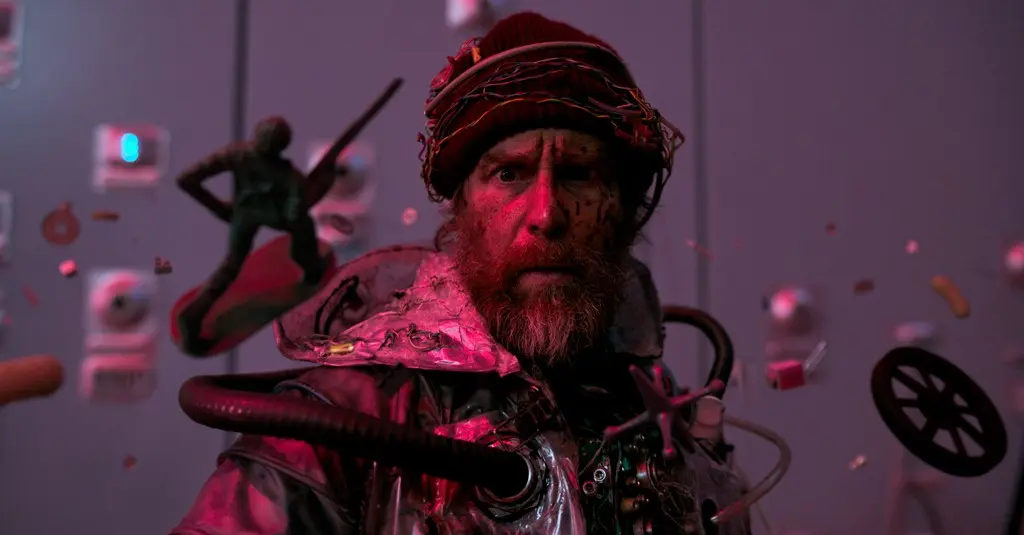NR | 1h 38min | Documentary, Biography, Sports | 8 November 2022 (USA)
It is pointed out early on and often in the new HBO documentary “Say Hey, Willie Mays!” (“SHWM”) that the titular subject set and broke many Major League Baseball (MLB) records, but currently retains only three (most games played as a center fielder, most putouts by an outfielder, and most extra-inning home runs).





